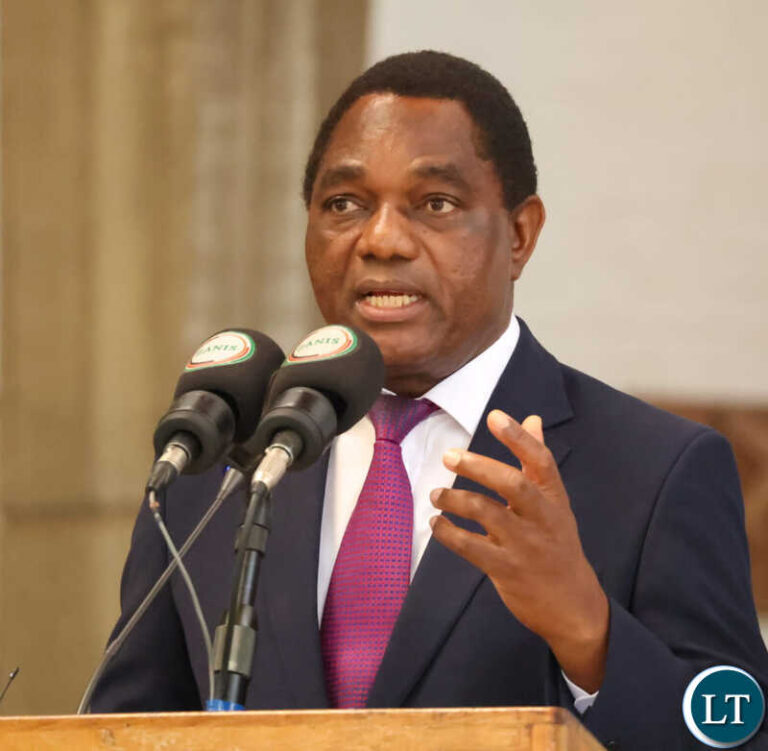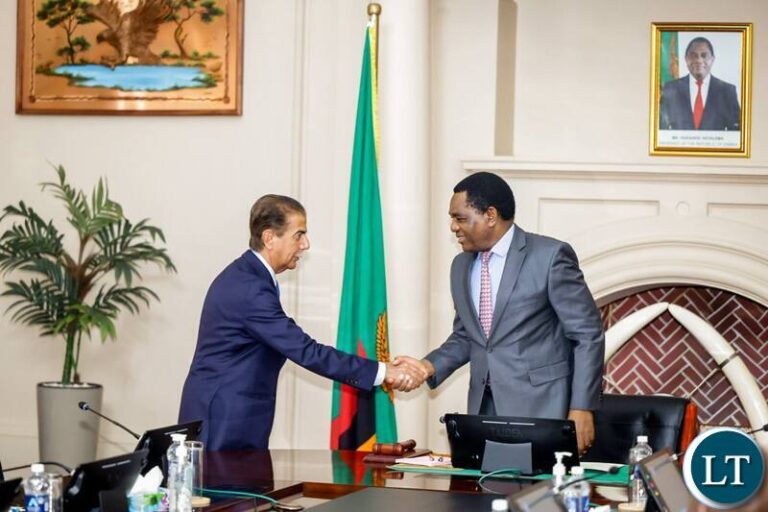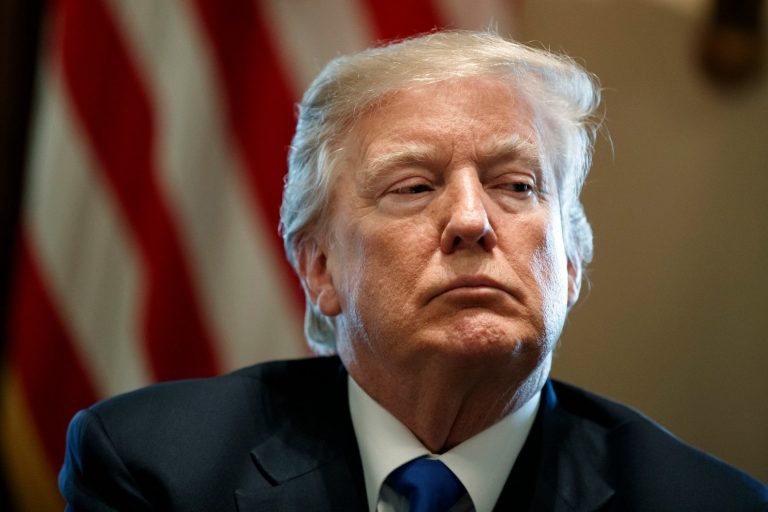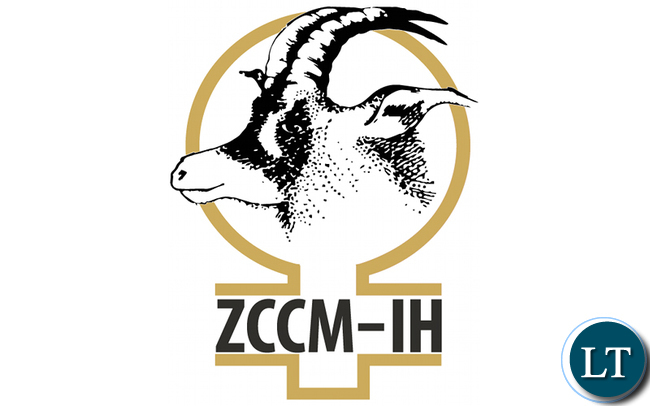Zambia’s Suspension of 15% Export Duty on Precious Stones: Economic Impact and Expert Reactions
Lusaka, Zambia – The suspension of the 15% export duty on precious stones and metals in Zambia has elicited divergent views and reactions, with economic experts, business leaders, and political commentators analyzing its impact on Zambia’s gemstone industry, foreign investment, and local entrepreneurship.
On February 18, 2025, Finance Minister Dr. Situmbeko Musokotwane issued Statutory Instrument No. 4 of 2025, effectively suspending the export duty. The move was justified as an effort to make Zambia’s gemstone sector more competitive globally while ensuring a stable investment climate. However, this decision has drawn sharp criticism from certain quarters, particularly those advocating for greater local participation in the gemstone trade.
Dr. Lubinda Haabazoka’s Concerns
Among the many voices is former Economic Association of Zambia (EAZ) President, Dr. Lubinda Haabazoka, who in a detailed statement lamented that Zambia remains the world’s largest exporter of emeralds yet continues to reap minimal benefits from the sector due to the overwhelming dominance of foreign firms. He pointed out that, historically, local involvement in the trade has been minimal, with Zambians mostly engaging in the illicit trade of gemstones stolen from established mines and sold at low prices to foreign buyers.
“The gemstone industry is highly capital-intensive, and without generational wealth, Zambians have been largely excluded from meaningful participation,” Haabazoka wrote. “Meanwhile, foreign companies and individuals have amassed billions of dollars from our resources. Ideally, the government, with its financial muscle, should have empowered capable Zambians to enter this industry or mandated ZCCM to take charge on behalf of the nation.”
Haabazoka also alleged that international mining firms have historically used auctions abroad as a loophole to underdeclare sales values and avoid paying corporate income tax. To counter this, the Zambian government previously mandated local auctions, but compliance from mining firms remained low. The introduction of the 15% export duty on gemstones was meant to ensure Zambia benefitted from its resources, but it was met with resistance from the industry.
“These companies then began announcing work stoppages and suspending mining activities, essentially blackmailing the government. Now, it seems their lobbying efforts have paid off,” he argued.
Haabazoka further questioned why the government listens to foreign businesses but disregards the struggles of local entrepreneurs, noting that small businesses continue to face high taxes, rising business operation fees, and limited government support. “Personal income tax remains high, discouraging companies from offering better salaries and reducing disposable income for the ordinary Zambian. We must find a formula to create wealth for ourselves instead of making decisions that only benefit outsiders,” he added.
Dickson Jere’s Take: Government Yielding to Foreign Pressure?
Renowned lawyer and political commentator, Dickson Jere, also weighed in, questioning whether the suspension of the export duty on precious stones was a result of undue foreign pressure. Jere argued that while the government may see the move as a way to sustain the sector, it risks setting a precedent where foreign firms can threaten economic disruptions to push for favorable policies.
“This decision raises serious questions about Zambia’s sovereignty over its own resources. If the justification is that investors were threatening to leave, then what happens next? Will we keep giving in to their demands at every turn?” Jere remarked.
He pointed out that despite Zambia’s rich gemstone reserves, the country continues to struggle with revenue generation and economic development because of lenient policies favoring multinational firms. Jere suggested that the government should have instead engaged stakeholders to find alternative solutions that do not involve waiving critical revenue streams.
Jito Kayumba’s Defense of the Government’s Decision
On the other hand, Special Assistant to the President on Finance and Investments, Jito Kayumba, defended the government’s move, arguing that the tax was having unintended negative consequences, including making Zambian gemstones less competitive and discouraging investment.
“In policy-making, we must consider both revenue collection and the sustainability of an industry. The 15% export duty on gemstones was introduced with good intentions, but it inadvertently stifled investment and pushed traders to find ways around the system. Instead of maximizing tax revenue, it led to decreased exports and reduced government income in the long run,” Kayumba stated.
He also dismissed claims that the government was favoring foreign businesses, explaining that international investors provide much-needed capital and expertise in the Zambian gemstone industry. According to him, without policies that attract and retain investors, Zambia risks losing out on long-term benefits such as job creation, infrastructure development, and skills transfer.
“The government is not here to punish businesses. We want an industry that thrives, creates jobs, and contributes to the economy. This suspension is a necessary step to achieve that,” Kayumba asserted.
Views on Zambia’s Economic Policy
The suspension of the 15% export duty on precious stones has reignited broader discussions about Zambia’s economic policies, especially regarding taxation, foreign investment, and local entrepreneurship. Some analysts warn that Zambia’s over-reliance on foreign mining firms poses long-term economic risks, while others argue that stringent tax policies could drive investors away and stifle growth.
With local business owners feeling the weight of high taxes and stringent regulations, there is growing pressure on the government to implement policies that not only attract investment but also empower Zambians to have a stronger stake in their country’s wealth.
As divergent views continue, one question lingers: Who truly benefits from Zambia’s rich gemstone resources – the country and its citizens or foreign investors? The answer will largely depend on how the government navigates this delicate balancing act in the coming months.
















